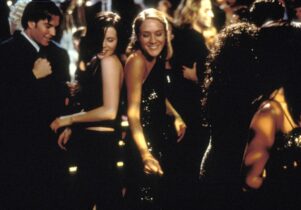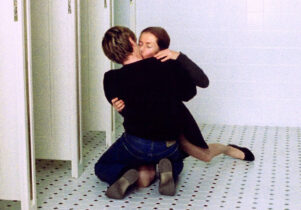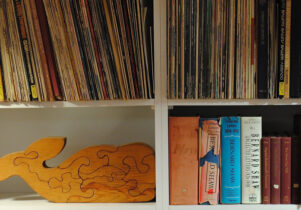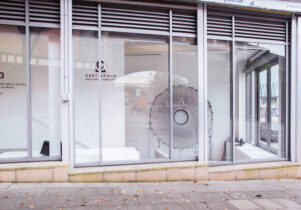Jeanne Dielman, 23 Quai du Commerce, 1080 Bruxelles + Intro at HOME
Tom Grieve, Cinema EditorBook now
Jeanne Dielman, 23 Quai du Commerce, 1080 Bruxelles + Intro
Always double check opening hours with the venue before making a special visit.
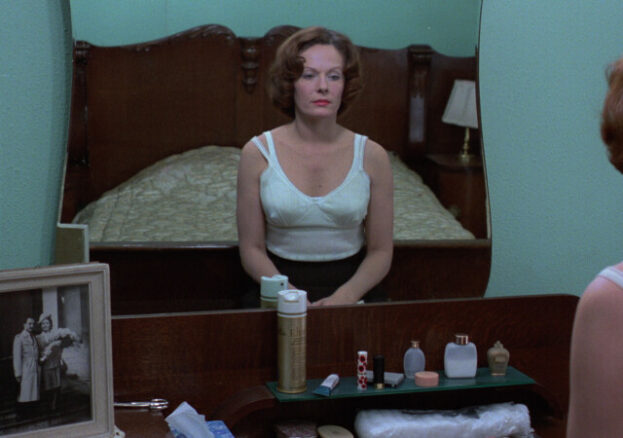
There was some surprise expressed when Belgian filmmaker Chantal Akerman’s Jeanne Dielman, 23 Quai du Commerce, 1080 Bruxelles came top of Sight & Sound’s prestigious once-a-decade poll to be named the Greatest Film of All Time late last year.
But the 1975 film has been steadily gaining recognition for some time now. Akerman’s work was created outside of the Hollywood apparatus that created previous poll-toppers, Vertigo and Citizen Kane. Great as those films are, Jeanne Dielman makes different demands of its audience – ones that a new generation of Sight & Sound voters obviously value.
It’s an exercise in time and space, using its 200-minute duration to stretch its audience’s ideas of cinema, as it details three days in the life of a widow, played by Delphine Seyrig. Writer Ivone Margulies describes the film as a “a radical experiment with being undramatic, and paradoxically with the absolute necessity of drama.”
Jeanne Dielman makes different demands of its audience
We watch as Dielman does housework, peels potatoes and occasionally works as a prostitute. Akerman shows us many of the chores in something like real time from a fixed camera, in wide-angle. In repeating Dielman’s routines, she invites the viewer to engage with ideas of women’s labour, monotony and alienation, with domesticity and sexuality.
Something like Jeanne Dielman benefits enormously from the quiet and meditative space of the cinema. It’s exciting then that the Sight & Sound poll has given Akerman’s film a new lease of life, with screenings popping up across the country.
HOME’s showing on Wednesday 8 March will be introduced by Dr Alison Criddle, Art Historian.
